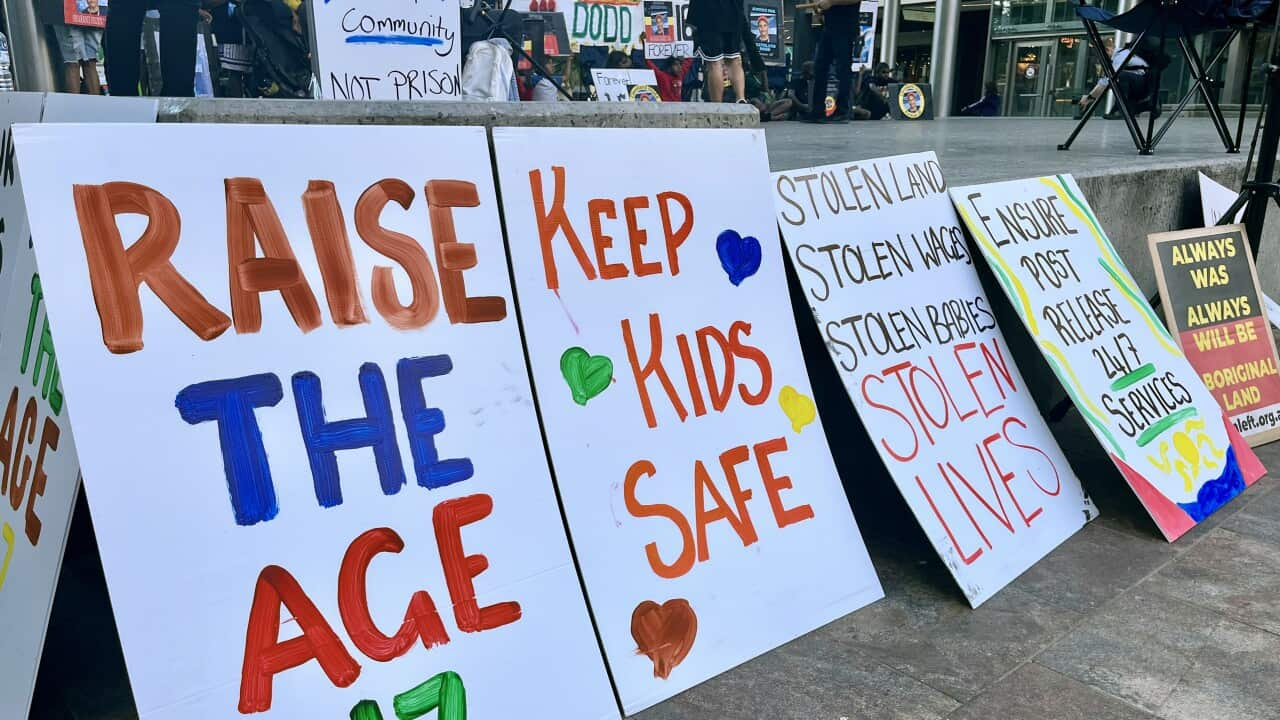How Australia’s Child Protection Bill Sparked Global Outrage

“The Australian ban could see the social media giants fined up to $32.5 million.”
Australia’s world-first laws have sparked a flurry of attention around the globe, with media outlets devoting column inches and hours of airtime to the debate.
Some have hailed Australia's under-16 social media ban as a major step in protecting children, while others see it as a blatant violation of individual freedoms.
Tech companies have criticised the bill with Meta, the owner of Facebook and Instagram, calling the law rushed and difficult to enforce. Snapchat has warned of unintended consequences.
Despite those objections, surveys suggest Australians back the law. A recent poll by YouGov conducted this month showed that 77% of Australians support the under-16 ban.
Social Media Ban
Australia recently imposed a social media ban on children under the age of 16, following a heated debate in the country.
The Australian bill had already been voted on by the House of Representatives, the lower chamber of the parliament, on November 27 with 102 MPs voting in favour of the measure against 13 who opposed it.
The bill was backed with bipartisan support in a vote by the Senate on November 28 which saw the legislation pass comfortably by 34 votes to 19.
On November 29, the House of Representatives again approved the Senate amendments, making the bill law.
The law will make platforms including TikTok, Facebook, Snapchat, Reddit, X, and Instagram liable for fines of up to $32.5 million for systemic failures to prevent children younger than 16 from holding accounts.
Messaging apps, online gaming services and services with the primary purpose of supporting the health and education of end-users will not fall under the ban, such as YouTube and Whatsapp.
Tech companies will have at least a year to comply with the new legislation while Australian regulators work out the details of how the law will be implemented.
The Australian government cited child mental health and well-being concerns as a driver for the law, to protect minors from the harms of social media.
Centre-left Prime Minister Anthony Albanese, who is facing an election early next year, has been a vocal advocate for the new rules, rallying support from many parents.
Ahead of the vote, Albanese said social media was a catalyst for social pressures, a driver of anxiety, a conduit for predators and, worst of all, a tool for online predators.
He said he wanted young Australians to put down their phones and instead go to football, cricket, tennis, volleyball, and swimming pools.
The bill puts Australia at the forefront of countries seeking to impose age-based restrictions on the use of social media platforms at a time of growing concerns about the impact of the platforms on young people’s mental health.
Communications Minister Michelle Rowland said: “Nearly two-thirds of 14-to-17-year-old Australians have viewed extremely harmful content online, including drug abuse, suicide or self-harm.”

Criticisms and Concerns
During the short consultation period before the bill was passed, Google and Snapchat criticised the Australian legislation for not providing more detail.
Meta predicted the bill would be ineffective and fall short of its stated goal of making children safer.
TikTok said the government’s definition of a social media platform was so broad and unclear that almost every online service could fall under it.
X questioned the legitimacy of the bill, saying it may not be in line with international regulations and human rights treaties to which Australia is a signatory.
Following the passage of the law, social media platforms have again criticised the Australian legislation, describing it as rushed, unenforceable, and full of unanswered questions and unresolved concerns.
UNICEF Australia policy chief Katie Maskiell said the law would not be a panacea for protecting children, but she feared that children and teenagers would turn to alternative, unregulated online platforms.
In a small survey conducted by Agence France-Presse, many under-16 users expressed their displeasure with the law, stressing that they would continue to use it fraudulently despite the ban.
Some youth advocates have accused the government of not fully understanding the role social media plays in their lives, and of shutting them out of the discussion.
Elsewhere, digital researchers have warned that there is no guarantee that technology that might rely on biometric data or identity information will work properly, while critics have sought assurances that privacy will be protected.
They have also warned that the restrictions could easily be circumvented with tools such as VPNs, which can mask a user’s location and make it appear as if they are logging in from another country.
US billionaire Elon Musk, owner of the X platform, criticised the Australian law when it was drafted earlier this month, saying it “seems like an indirect way to control all Australians’ internet access”.
Musk has previously clashed with the Australian government over its social media policies, calling them fascist because of its misinformation law.
Recent studies showed a worrying correlation between teen screen time and rising rates of anxiety, depression, and body image issues.
A report from the Pew Research Center revealed that 66% of parents worry about their children's screen time.

Global Debate
The Australian ban is not the first attempt to limit children’s social media use, but it involves the highest age limit (16) set by any country, and does not include exemptions for existing users or those with parental consent.
Several countries have been trying to regulate children’s access to social media in some way, but not always successfully.
Governments in Norway and the UK are believed to be watching with interest to see how the Australian legislation is implemented in practice.
The U.S. has wrestled with what to do with social media’s impact on kids for some months.
Earlier this year, Florida banned children under 14 from using some platforms – that is now subject to a constitutional legal challenge.
In Utah, laws introduced in 2023 that banned people under 18 from using social media unless they had consent from their parents, were later overturned by a federal court.
Spain’s government also introduced a bill in June that would ban access to social media for those under 16, though it did not specify how age verification would be done, and has yet to set a date for a review of the text.
Danish Prime Minister Mette Frederiksen wants a 15- and-over age minimum on social media.
Last year, France introduced legislation to prevent under-15s from accessing social media without parental consent, though research suggests that nearly half of users were able to evade the ban using a VPN.
But recent reports suggest that France is now pushing for an EU-wide ban.
French Education Minister Anne Genetet said this week the EU should follow the example of Australia amid increased concern among European politicians about social media platforms, their addictive features and their role in teens’ mental health crises.
China has restricted access for minors since 2021, with under-14s not allowed to spend more than 40 minutes a day on Douyin, the Chinese version of TikTok. Online gaming time for children is also limited in China.

Malaysia’s Communications Minister Fahmi Fadzil has voiced support for learning from other nations and implementing stricter controls.
Similarly, Singapore's Infocomm Media Development Authority introduced tighter ad regulations to reduce harmful exposure to children on these platforms.
Technology analyst Ahmed Barbour told Al-Estiklal that “social media is useful for creating spaces for discussion among friends, but it also has negative effects on social life.”
“There is clear evidence of the harmful impact of social media on children’s mental health, and the world has seen worrying trends in this regard, especially with regard to girls,” he said.
Despite the expected ban, Mr. Barbour noted that children will often find ways to quickly circumvent restrictions, citing experiences in several countries, such as Pakistan, which banned some apps but failed to fully control their use.












